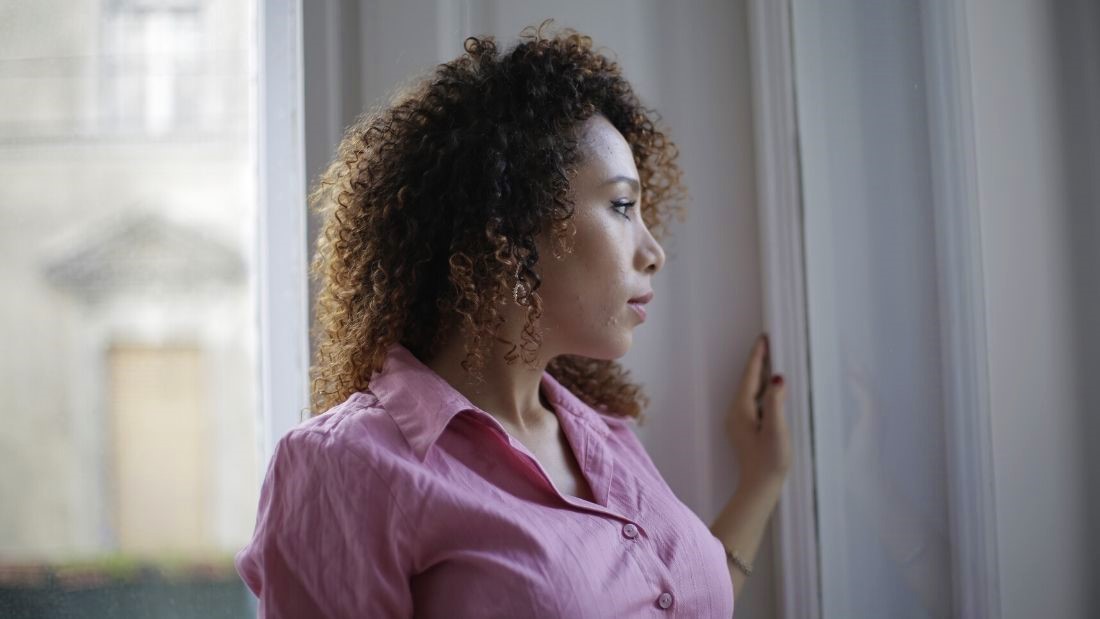Vitamin D and coronavirus – could it help?

Spending more time in the sun or taking vitamin D supplements could help reduce the risk of Covid-19 complications, say some scientists.
Public Health England (PHE) recommends everyone consider taking a vitamin D supplement during lockdown to keep their bones and muscles healthy. They previously only recommend supplementing during the winter months as, during summer, most people can make all the vitamin D they need from the effect of sunlight on their skin.
During lockdown, people self-isolating or working from home may be at risk of developing vitamin D deficiency. Generally, people at risk of having low levels, who may need to supplement all year round, include those who are housebound, in care homes, who cover up or wear sunblock when outside and people with dark skin (from African, Afro-Caribbean and South Asian backgrounds).
We know that Covid-19 is not a great leveller as was suggested at the start of this pandemic. The recent PHE inquiry into disparities in the risk and outcomes of this disease confirms that the largest risk factor is age. Older people have a much higher risk of suffering complications and death from Covid-19; the over 80s are seventy times more likely to die than those under 40, according to PHE.
Men have a much higher risk of suffering from severe disease or death than women. Initially, smoking was blamed but that has been discounted. It could be because women have naturally stronger immune systems than men, because a number of critical immune genes are located on the X chromosome (of which women have two and men, only one). Another possibility is that men – especially older men – tend to have higher rates of obesity, high blood pressure, diabetes, cancer and cardiovascular disease than women, all of which have been linked to Covid-19 severity. Vegans have a lower risk of all these diseases and a varied, vegan diet can help both prevent and reverse many of them.
The third big risk factor is ethnic background. Covid-19 risk is much higher among black, Asian and minority ethnic (BAME) people than in white ethnic groups. There may be several socioeconomic reasons for this; BAME communities, PHE says, are likely to suffer a higher risk of infection because they are more likely to live in urban areas, in overcrowded households, in deprived areas and have jobs that expose them to a higher risk. A report from the Office for National Statistics confirms that the highest death rates are occurring among the lowest-paid members of our workforce: construction workers, security guards, cleaners, nurses, care workers, bus drivers, ambulance drivers, shelf stackers and shop keepers.
There have been reports that vitamin D may reduce the risk of coronavirus but PHE says that there is currently not enough research to support this and it was not considered in their recent report. Some scientists say that this was an oversight. An article in the British Medical Journal says that mounting evidence suggests that vitamin D deficiency is an important risk factor for acute respiratory tract infections and for Covid-19. BAME people in the UK have higher rates of vitamin D deficiency than white people. This is because melanin, which causes skin pigmentation, lowers the skin’s ability to make vitamin D in response to sunlight exposure. The UK National Diet and Nutrition Survey for 2008-2012 found that one in five white adults had low concentrations in their blood (<33 nmol/l) compared to more than half of BAME people. Older people also have higher levels of vitamin D deficiency; levels have been found to be severely low in the aging population especially in Spain, Italy and Switzerland.
Vitamin D has important roles in regulating the immune system and so it follows that it may affect Covid-19 risk. Research suggests that vitamin D reduces survival and replication of the SARS-CoV-2 coronavirus and reduces the risks of a ‘cytokine storm’ (by reducing pro-inflammatory cytokine production and increasing anti-inflammatory cytokine production). It also promotes local ACE2 formation in the lungs, which may reduce the severity of acute respiratory distress syndrome.
More research is needed to work out how important the relationship is between vitamin D and Covid-19. In the meantime, it may be worth considering taking a 10 microgram supplement of vitamin D a day.
Vitamin D is found in fatty fish, liver and egg yolks – but only if the chickens have been fed vitamin D. However, all these foods contain cholesterol, saturated fat and other undesirable substances. The best sources include vitamin D-fortified plant-based milks, vegetable margarines and breakfast cereals (labelled suitable for vegans) and vitamin D mushrooms (exposed to sunlight for long enough so vitamin D production is triggered). A supplement is the best way to ensure you are getting enough.
For more information about vitamin D see our A-Z of Nutrients.




